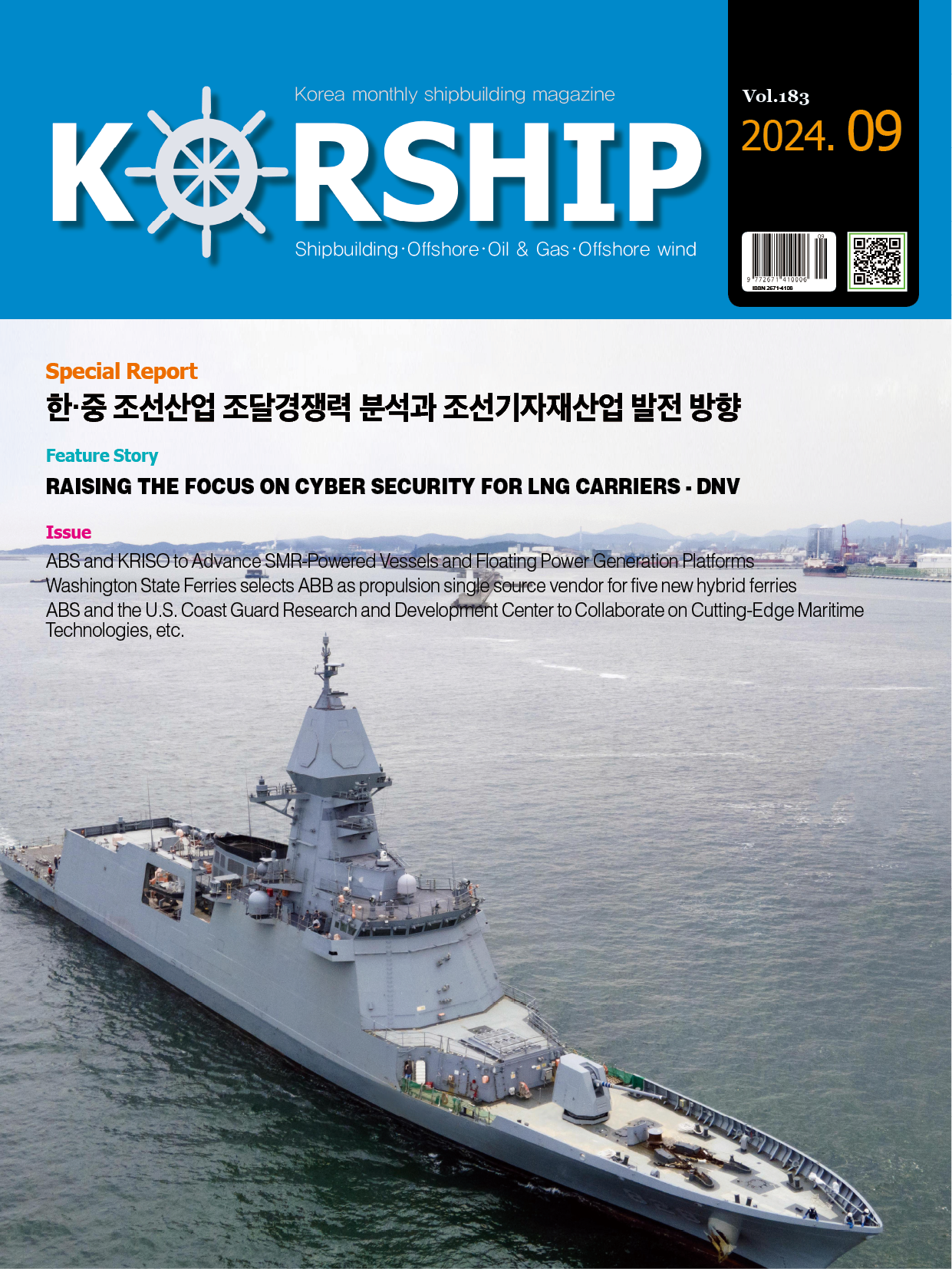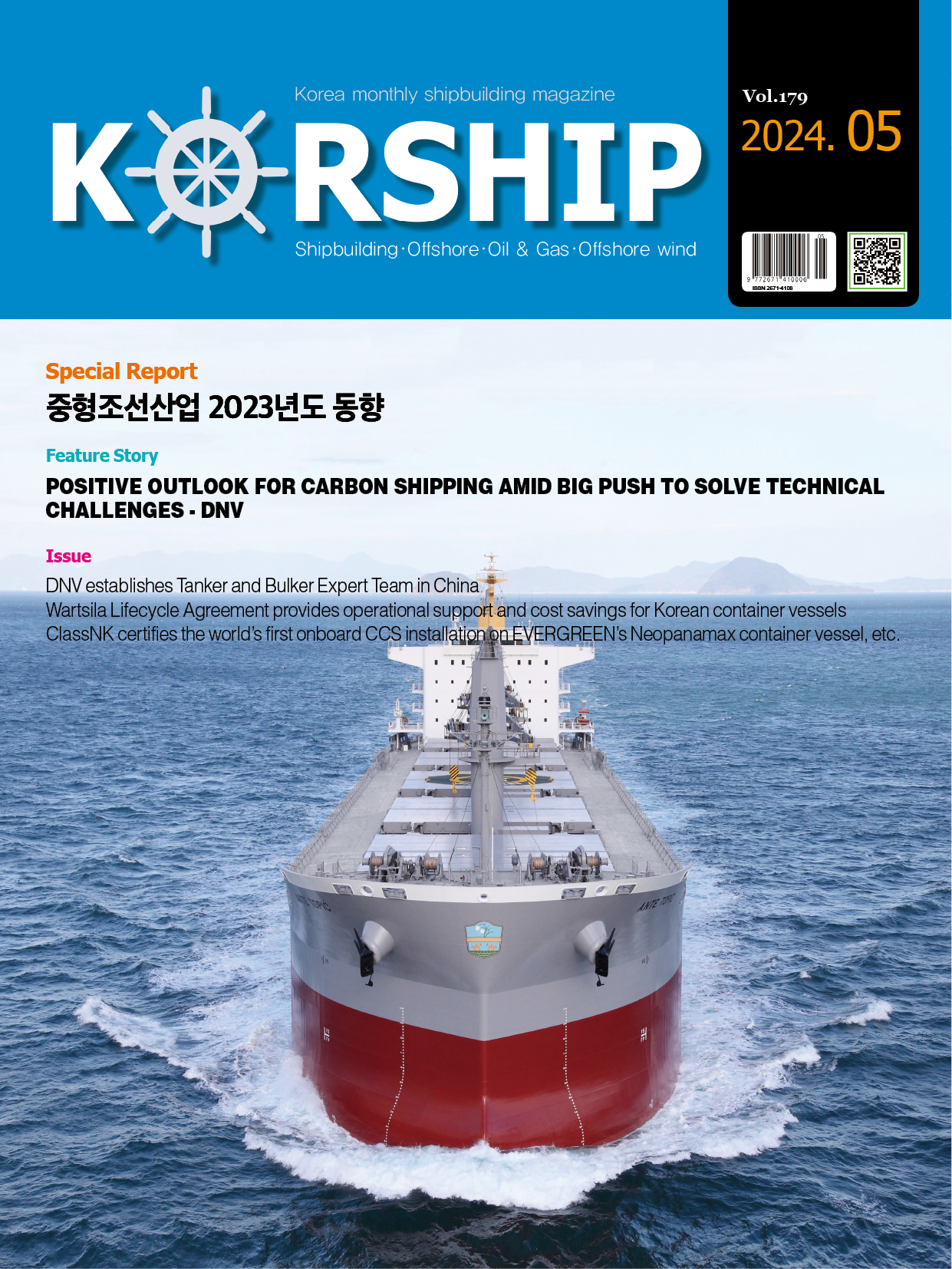Feature Story Empowering Women in Shipping: The Route to Achieving Gender Equality
페이지 정보
작성자 최고관리자 댓글 0건 조회 1,529회 작성일 22-07-15 12:00본문
- By Elpi Petraki, President WISTA Hellas
Elpi Petraki, Operations, Chartering and Business Development Manager at ENEA Management, and President of WISTA Hellas, says it is vital that the industry works together to empower women working in shipping and eliminate gender inequality.
Much has changed in the maritime industry over the last decade. The industry is in a period of transition as it embraces new technologies, modernises and moves towards a more sustainable future. However, shipping itself is also changing as it strives to rectify its historic gender imbalance and create a more diverse and gender balanced industry.
Over the last 24 years Elpi Petraki has seen more women enter and succeed in the maritime industry. “At the start of my career, there were very few women working directly in the shipping industry. Greece was one of the exceptions, as there have always been many women working in maritime related positions, but this was not the case internationally,” she explains.
However, Petraki highlights that women can now be seen throughout the sector and hold a wide range of positions, in ship chartering, brokering and operations, engineering, technical management and QHSE, and as crew onboard vessels.
Petraki is the Chartering, Operations and Business Development Manager at ENEA Management - a Greek shipping company that operates a fleet of specialised tankers. She is the 2nd Vice President of the Hellenic Shortsea Shipowners Association(HSSA), a member of the board of directors for the Hellenic Chamber of Shipping and an active member of Intertanko.
She is also the President of the Women in Shipping and Trade Association(WISTA) Hellas and is committed to eliminating gender-based inequality in the maritime sector by promoting diversity and inclusion and supporting women in furthering their careers.
WISTA promotes diversity and the empowerment of women, and Petraki explains its approach as two-sided. “On the one hand, we aim to ensure women have a seat at the table and can participate on an equal basis in the dialogue on how to create a more diverse and inclusive workforce. On the other, it gently prods the industry into recognising that women can, and are, meeting the requirements of any shipping-related position, whether it's in an office, boardroom or on a vessel.”
Diversity is the key
However, Petraki stresses that removing gender inequality is not about women replacing men; it’s about working together to empower women and acknowledging that they have the skills and experience to lead effectively, make decisions and address the challenges facing the industry.
“Diverse teams are known to work better, make better decisions and deliver better results. So, we need to keep working together to create a diverse and inclusive culture that not only celebrates the individual, but recruits people who can provide different perspectives and experiences,” she says.
To further promote gender diversity in the sector, the International Maritime Organization(IMO) has organised the first International Day for Women in Maritime, which is set to be celebrated on 18 May 2022. The inaugural theme – Training-Visibility-Recognition: Supporting a barrier-free working environment – will highlight the need for women to be more visible throughout the maritime sector, and to be more widely represented at the decision-making level, while also looking at skills development.
“The IMO’s International Day for Women in Maritime is a great opportunity to raise awareness, celebrate women in the industry and really highlight their contribution, skills and experience.” But, raising awareness is only the first step, Petraki adds, as the need for diversity and inclusion in all its forms needs to be promoted year-round.
Supporting Women at Sea
While the number of women working in onshore positions has increased significantly, there are still areas where women remain underrepresented. This is particularly the case at board level, in technology and research, and at sea.
According to the 2021 BIMCO/International Chamber of Shipping Seafarer Workforce report, the number of women serving as seafarers has increased by 45.8% compared to 2015. However, Petraki points out that while progress has been excellent, this still only accounts for just over one percent of the global seafaring workforce.
“To encourage more women to consider a career at sea, it is essential that the industry understands the challenges that women face when working at sea so that the necessary steps can be taken to make sure the environment onboard is right, so that women are safe and happy at work,” she says.
At the upcoming Posidonia conference, WISTA Hellas will host a Women at Sea seminar where women seafarers will share their experiences, providing an opportunity to discuss the challenges they face and the steps the industry needs to take to create a more diverse seafaring workforce.
Petraki suggests that the Short Sea Shipping sector could offer a route in for women considering a career onboard, as the voyages are shorter and more predictable. “Many of the Short Sea Shipping companies are small to medium sized, making it easier to implement the necessary changes at a faster pace,” she says.
Making the industry more accessible
Another way in which the maritime sectors can help break down the barriers is through education and access to training programmes. A strong advocate for education, Petraki is also on the board of the Hellenic Maritime Museum where she assists with the preservation of maritime history and developing an environment where younger generations can learn about the maritime industry and what it has to offer.
“WISTA is committed to supporting the next generation through continuous professional development by offering education and training which can help women and other people become better equipped to deal with the challenges they face in shipping every day,” says Petraki.
WISTA Hellas works closely with prominent educational institutes. It offers full and part time scholarships to its members for courses such as the ALBA Graduate Business School’s MBA in Shipping, an MSc in Logistics and Supply Chain Management from the BCA College and the University of Piraeus’ MSC in Ship Management. It has also partnered with the ALBA Graduate Business School to provide a Leadership Programme specifically for women in maritime.
Similarly, at an international level, in March this year the IMO and WISTA International launched the Maritime ShEO Leadership Accelerator Programme, which has been designed to provide women with the management knowledge and skills they need progress into leadership roles and create visible role models within the industry.
Petraki highlights that women in leadership positions also have a responsibility to lead by example and share their knowledge and experience with others. “Setting an example is very important”, she says. “I truly believe that by working together and sharing our own experiences, we can bring about change and encourage others to take the next step in their careers as we strive to create a more supportive, diverse and inclusive maritime industry.”
■ Contact: JLA +31-652-630122 / www.j-l-a.com












